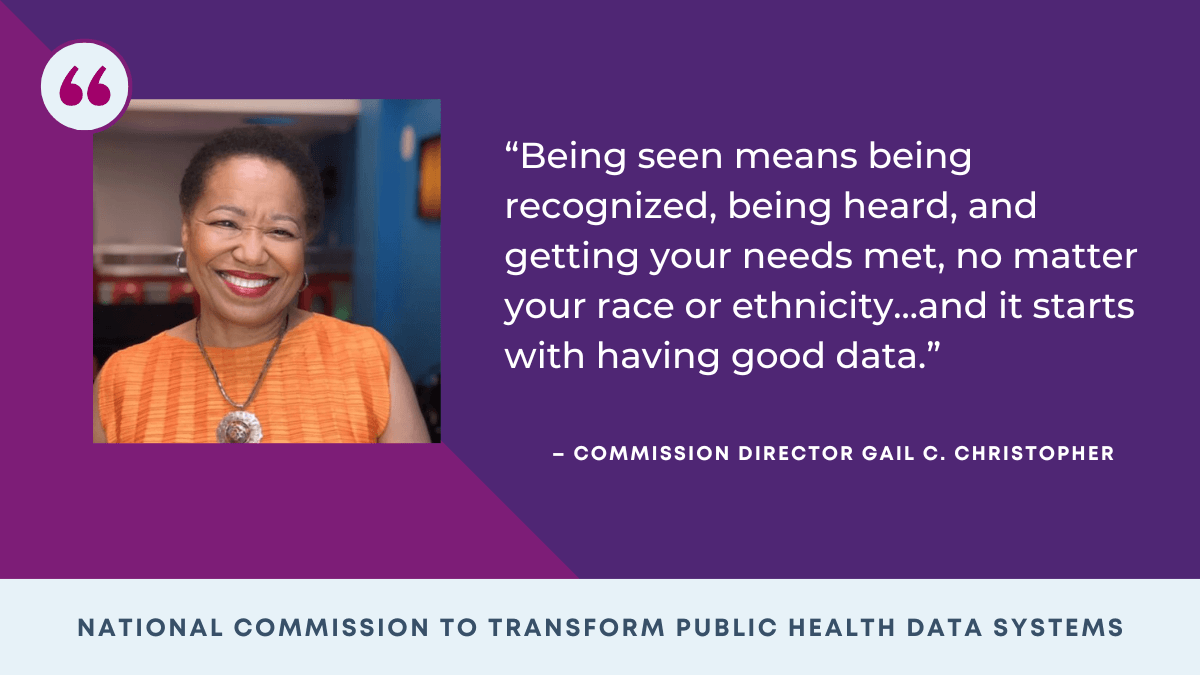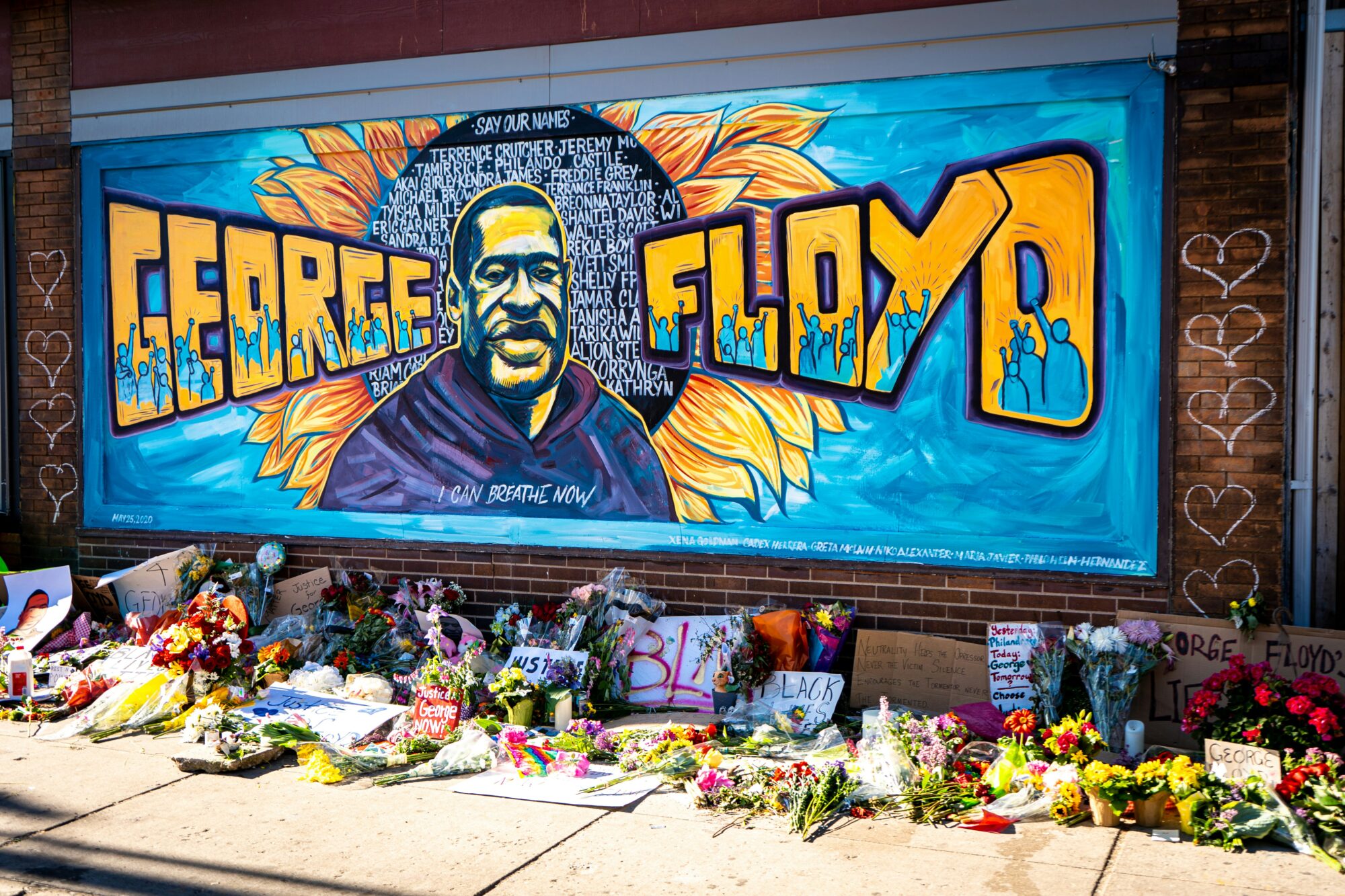
To build a society where all Americans can live their healthiest and most vibrant lives free from discrimination, everyone needs to be seen. Being seen means being recognized, being heard, and getting your needs met, no matter your race or ethnicity. This is pivotal to dismantling structural racism. And it starts with having good data that fully reflect America’s diversity.
However, until last week, U.S. federal data collection standards had not been updated since 1997, despite the rapid and ongoing diversification of our nation.
On March 28, the Office of Management and Budget (OMB) revised federal race and ethnicity data standards so that they give a more accurate representation of communities that historically have been excluded. These communities will soon see themselves reflected in all federal government surveys and forms, such as the Census. In addition, because most states and local agencies model their data standards after federal standards, these changes will have wide-ranging impacts.
Here’s what the new standards do:
-Measure race and ethnicity using a single combined question on federal surveys and censuses;
-Add a new minimum ethnicity category for individuals with “Middle Eastern or North African” (MENA) origins, so that they are no longer -defined exclusively as “white”;
-Require, instead of simply encourage, the collection of more detailed race and ethnicity data by all federal agencies to ensure more nuanced data analysis and presentation.
Race, a socially constructed concept, has been exploited throughout history to unfairly deny some communities their rights and access to resources. It is now a critical piece of data needed to protect civil rights. Importantly, these new standards will be reviewed at least once a decade moving forward, to ensure that they continue to accurately reflect the country’s racial and ethnic make-up. In addition, OMB makes clear that these race and ethnicity standards are a minimum floor and not a ceiling. Agencies may go beyond these minimum requirements to collect more nuanced data.
OMB’s recent changes were a key component of the call to action and recommendations from RWJF’s National Commission to Transform Public Health Data Systems, which I chaired. The commission highlighted the importance of nuanced data collection and disaggregation as the foundation of equity centered public health infrastructure and a path to confronting structural racism. While more work needs to be done to ensure that the new standards reflect the full diversity of our nation, they are a step in the right direction to collect better, more representative data that will help policymakers recognize and meet the needs of all Americans. In a rapidly diversifying nation, this is
more important than ever.
Expanding the standards is only the first step. To achieve a smooth and successful implementation, it is crucial to prioritize appropriate resources and strong engagement led by OMB and other federal, state, and local partners. This will help ensure that these changes are widely adopted and thoroughly understood. Active participation from the community is needed at every step of the implementation process to guarantee success – just as community voices played a significant role in the OMB changes.
Gail C. Christopher
Gail C. Christopher, DN, is the executive director of the National Collaborative for Health Equity. She also
served as the director of the National Commission to Transform Public Health Data Systems. After
COVID-19 laid bare the gaps in our public health infrastructure, including the disproportionate impact on
communities of color, RWJF convened this first-of-its-kind, independent commission, which issued
recommendations for creating an equity-centered public health data infrastructure, including calling for
our nation’s public health system to measure and address structural racism and other inequities.








